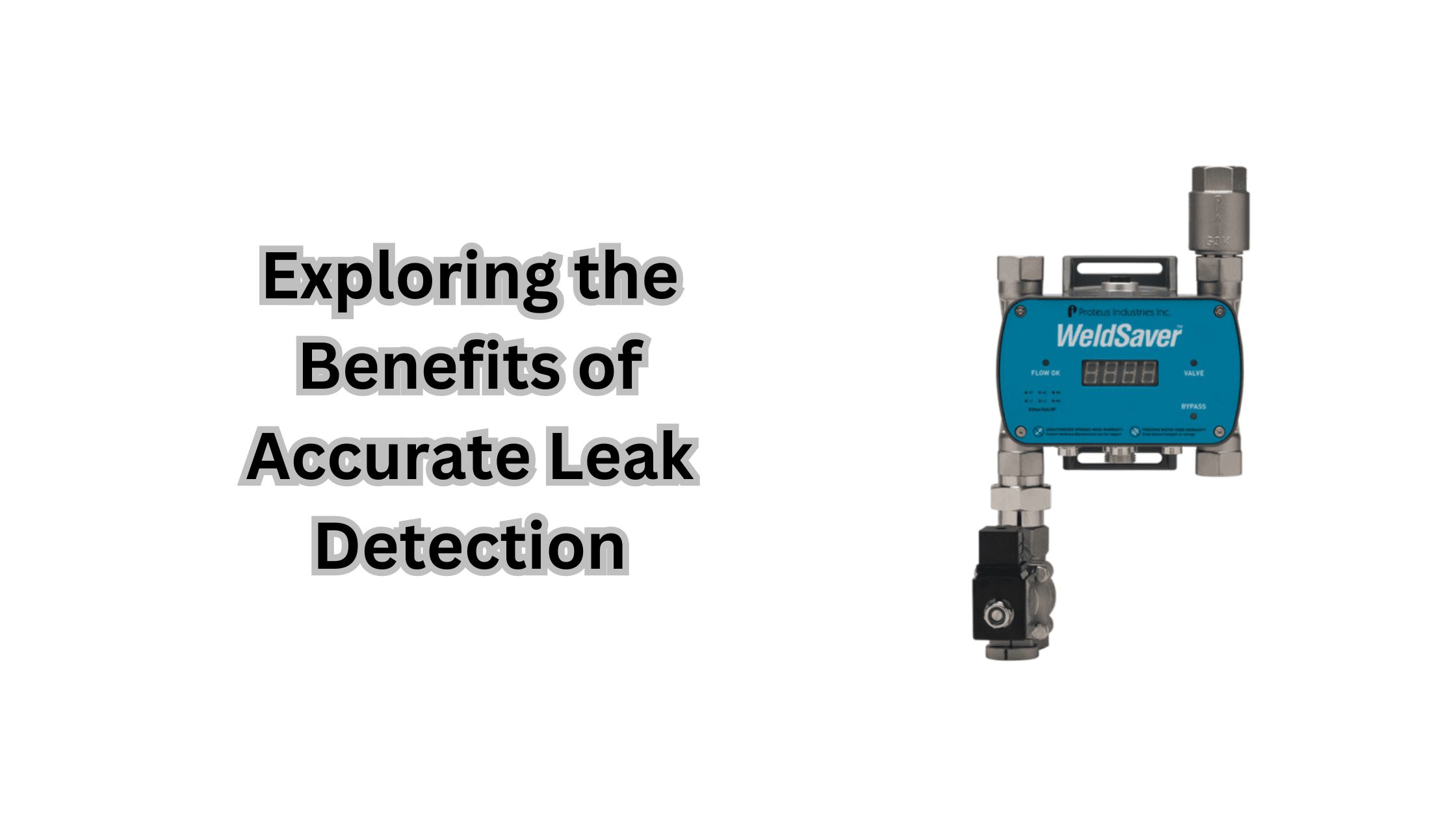In the complex world of healthcare administration, claim denials are a significant hurdle that can impact revenue and operational efficiency. A denial management specialist plays a crucial role in mitigating these challenges and improving claim acceptance rates. This article delves into strategies employed by denial management specialists to enhance claim acceptance, offering insights that can benefit healthcare providers seeking to optimize their revenue cycle.
Understanding the Role of a Denial Management Specialist
A denial management specialist is a professional who focuses on identifying, addressing, and resolving issues related to claim denials. Their expertise spans across reviewing denied claims, understanding payer policies, and implementing strategies to prevent future denials. By analyzing denial patterns and root causes, these specialists help healthcare organizations enhance their revenue cycle processes and improve overall financial health.
Key Strategies for Improved Claim Acceptance
1. Thorough Documentation and Coding Accuracy
One of the primary reasons for claim denials is incorrect or incomplete documentation and coding. Denial management specialists emphasize the importance of precise documentation and coding practices. Ensuring that all patient information, medical codes, and service details are accurate can significantly reduce the likelihood of denials. Specialists often work closely with coding and billing teams to verify that claims are submitted with the correct codes and detailed explanations.
Best Practices:
- Regularly update coding knowledge to reflect changes in coding standards and payer requirements.
- Implement checks and balances to review documentation before submission.
- Provide ongoing training for staff on documentation and coding best practices.
2. Pre-Submission Claim Scrubbing
Pre-submission claim scrubbing involves reviewing claims before they are sent to payers to identify potential issues that could lead to denials. Denial management specialists utilize advanced software tools and checklists to perform this task. By catching errors early, they can address issues proactively, reducing the chance of denials.
Best Practices:
- Use automated scrubbing tools that analyze claims for common errors and compliance issues.
- Develop a standardized scrubbing checklist to ensure all claims meet payer requirements.
- Review high-risk claims more thoroughly, focusing on areas with historically high denial rates.
3. Detailed Analysis of Denial Trends
Understanding the patterns and trends in claim denials is essential for developing effective strategies to improve claim acceptance. Denial management specialists analyze denial reports to identify common denial reasons, payer-specific issues, and recurring problems. This analysis helps in crafting targeted interventions to address the root causes of denials.
Best Practices:
- Generate regular reports on denial trends and categorize them by reason, payer, and department.
- Use data analytics tools to identify patterns and prioritize areas for improvement.
- Collaborate with other departments to address systemic issues contributing to denials.
4. Effective Appeal Management
When claims are denied, a well-structured appeals process is crucial for overturning denials and securing reimbursement. Denial management specialists develop and implement strategies for efficient and effective appeals. This includes crafting compelling appeal letters, gathering supporting documentation, and ensuring timely submission.
Best Practices:
- Develop a standardized template for appeal letters that includes all necessary information and supporting evidence.
- Track the status of appeals and follow up with payers as needed to expedite the process.
- Document and analyze the outcomes of appeals to refine future appeal strategies.
5. Payer Contract Review and Negotiation
Sometimes, denial issues stem from payer contract terms and conditions. Denial management specialists review payer contracts to ensure that the terms are clear and that the organization is compliant with the agreed-upon requirements. They also negotiate contract terms to address any issues that may lead to denials.
Best Practices:
- Regularly review and update payer contracts to reflect changes in reimbursement policies and industry standards.
- Negotiate contract terms that align with the organization’s needs and capabilities.
- Work with legal and financial experts to understand and address contractual obligations.
6. Training and Education for Staff
Ensuring that all staff members are well-trained and knowledgeable about denial management practices is crucial for reducing claim denials. Denial management specialists conduct training sessions and workshops to educate staff on the importance of accurate documentation, coding, and claim submission processes.
Best Practices:
- Develop and implement comprehensive training programs for billing and coding staff.
- Provide ongoing education to keep staff updated on changes in regulations and payer requirements.
- Encourage a culture of continuous improvement and open communication regarding denial management.
7. Implementation of Workflow Improvements
Optimizing internal workflows can enhance the efficiency of the claim management process and reduce the likelihood of denials. Denial management specialists evaluate existing workflows, identify bottlenecks, and implement improvements to streamline processes and reduce errors.
Best Practices:
- Map out current workflows and identify areas for improvement.
- Implement process changes that address identified inefficiencies and reduce the risk of denials.
- Monitor the impact of workflow changes and make adjustments as needed to ensure continued improvement.
8. Utilization of Technology and Automation
Technology tex med plays a significant role in improving claim acceptance rates. Denial management specialists leverage various software tools and automation solutions to enhance efficiency and accuracy in claim processing. These tools can help with tasks such as claim scrubbing, tracking, and reporting.
Best Practices:
- Invest in technology that supports automated claim scrubbing and denial tracking.
- Utilize data analytics tools to gain insights into denial patterns and improve decision-making.
- Explore emerging technologies, such as artificial intelligence, to enhance denial management processes.
Conclusion
The role of a denial management specialist is critical in navigating the complexities of the healthcare revenue cycle and improving claim acceptance rates. By employing strategies such as accurate documentation, pre-submission claim scrubbing, detailed analysis of denial trends, effective appeal management, and ongoing staff training, healthcare organizations can significantly reduce the frequency of claim denials and optimize their revenue cycle processes.
Implementing these strategies requires a proactive and collaborative approach, involving various departments and leveraging technology to drive improvements. As the healthcare industry continues to evolve, denial management specialists will remain essential in ensuring that organizations can efficiently manage claims and achieve financial stability.




